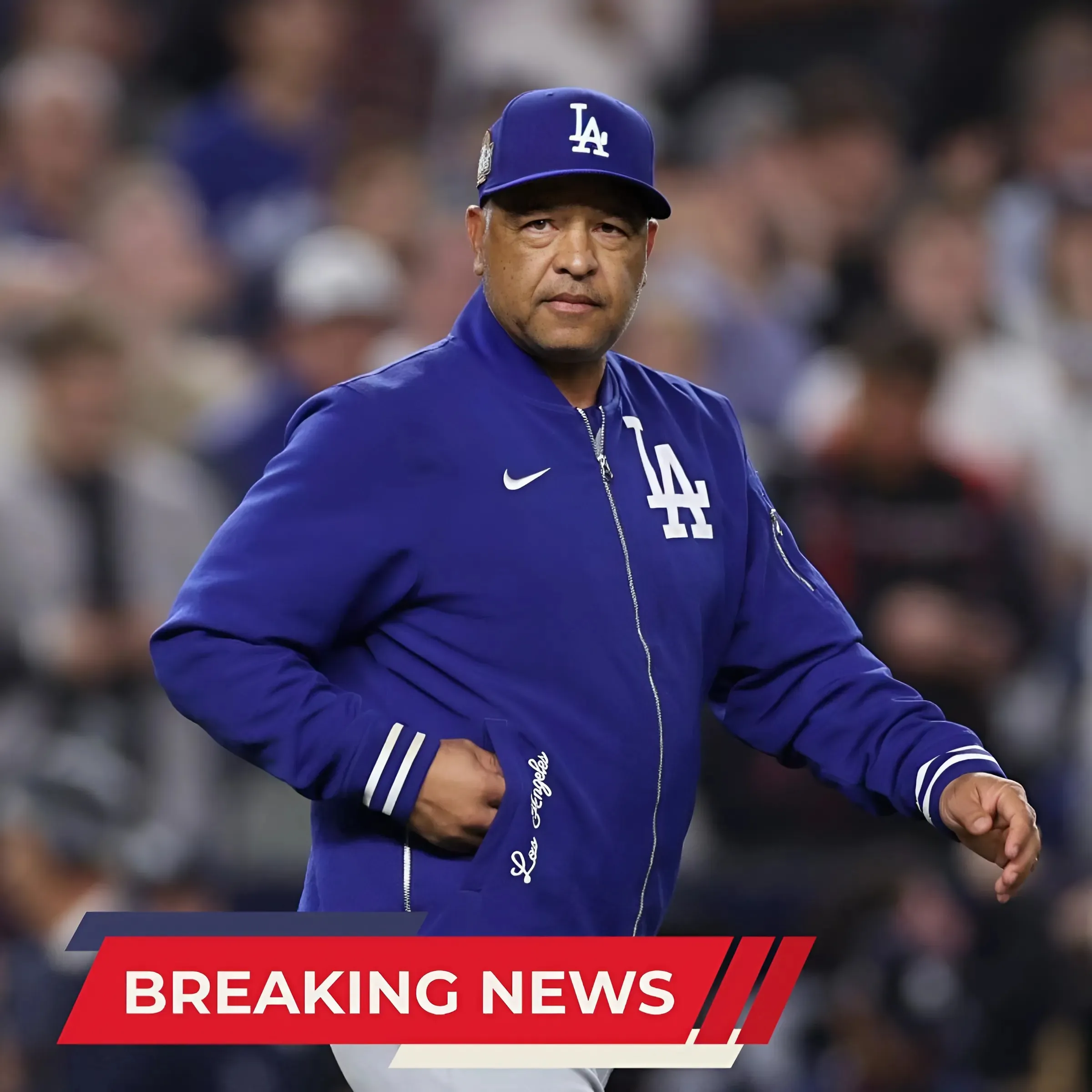The Walking Dead episode "Honor" is intended to be rooted around that word. According to A Dictionary of the English Language (1755), it's a word that means "nobility of soul, magnanimity, and a scorn of meanness." The question is, does the character of Carl Grimes (Chandler Riggs) reflect that definition in his final moments?

"Honor" is the ninth episode of the eighth season, and it serves as the midseason premiere. It originally aired on February 25, 2018. Written by Matthew Negrete and Channing Powell and directed by Greg Nicotero, the episode is notable for its emotionally charged storytelling and pivotal character moments.
Chief among those is Carl Grimes' fate. Carl first appeared in "Issue #2" (2003) of the comic series, and was a mainstay character of The Walking Dead" TV show from the first season onward. The episode reveals the aftermath of Carl Grimes being bitten by a walker in the midseason finale, "How It's Gotta Be."
Much of "Honor" indeed revolves around Carl coming to terms with his imminent death. The episode includes flashbacks of Carl's final moments before the bite, showing his efforts to protect Siddiq (Avi Nash), which led to his injury. Carl spends his remaining time saying goodbye to his family, leaving heartfelt letters for Rick (Andrew Lincoln), Michonne (Danai Gurira), and others, but he shares his vision of the future before he dies.
Carl Grimes dying was a Walking Dead turning point
Carl's death is a turning point for Rick and the series, symbolizing hope and the future he envisioned. We even get flash-forwards into what looks like Rick's vision of the future, and those images make the Walking Dead universe look far more cheerful than we're used to. Yes, the episode features quick scenes of the downright utopian future Rick envisions, inspired by Carl's dying wishes for peace and rebuilding civilization.
These scenes show a united community living harmoniously, reflecting Carl's desire for a better world. Unfortunately, these idyllic scenes pair disharmoniously with other scenes from Alexandria's fall. Yes, in the present timeline of the episode, Rick and Michonne struggle to process Carl's impending death while the Alexandrians deal with the aftermath of their community being overrun by the Saviors.
A choice: Death and hope...or death of hope?
Rick, at one point, said, "We don't kill the living," and the story of The Walking Dead has challenged that premise so many times. In this episode, the characters we know best work to find safety as Alexandria burns around them. In fact, it's reminiscent of some scenes from history, with the burning of the Library of Alexandria being an obvious one.
As one poet described that scene: "Nor did the fire fall upon the vessels only: the houses near the sea caught fire from the spreading heat, and the winds fanned the conflagration, till the flames, smitten by the eddying gale, rushed over the roofs as fast as the meteors that often trace a furrow through the sky, though they have nothing solid to feed on and burn by means of air alone." (Well, okay, Alexandria does not seem to be by any sea, but the point is, that the burning of Alexandria is a big, historical moment in the series, with comparable conflagrations in real-life history.)
The Kingdom and Morgan's brutality
Meanwhile, at the Kingdom, Carol (Melissa McBride) and Morgan (Lennie James) team up to rescue King Ezekiel (Khary Payton), who has been captured by the Saviors. Morgan's increasing ruthlessness is highlighted, showcasing the moral struggles many characters face during the war. Of course, Morgan's breakdown and psychological struggles were already made clear in season 3's episode "Clear," where Morgan attacked anyone he met and referred to "people wearing dead people's faces."
Carl's death
The episode culminates with Carl taking his own life to spare Rick and Michonne from the trauma of seeing him turn into a walker. His death is accompanied by poignant moments of reflection and farewell, marking it as (potentially) one of the most emotional episodes in the series. Of course, not everyone's kneejerk impulse for this writing decision was to praise "Honor."
That being said, it received some critical acclaim for its strong performances, especially by Chandler Riggs, Andrew Lincoln, and Danai Gurira. Some praised it for its emotional weight, thematic depth, and the way it handled Carl's departure from the series. Many fans viewed the episode as a turning point, with Carl's death serving as a significant deviation from the comic series. The episode also ties in pretty well with the previous one.
Legacy and hope: Is it all just crap?
Carl's vision for a peaceful future and his letters highlight themes of forgiveness and rebuilding. Of course, the rhetoric of forgiveness can sometimes be exploited by some to avoid accountability. So it's really a bit like a conflict between one's grief and feelings of vengefulness versus one's humanity.
The episode explores how characters cope with loss while maintaining their humanity in a brutal world. Morgan's storyline emphasizes the fine line between survival and savagery. He's not just being violent because he thinks they are likely to win or out of sheer desperation. He is also violent simply because he is enraged, resentful of those who would destroy him or keep him down, and of the way the world is.
Carl's death marked one of the most controversial changes from the comic series, where his character survives and plays a significant role in the storyline. Still, not all fans love it and don't buy the claim that "it’s just where the story needed to go.” However, the episode's title, "Honor," no doubt reflects the respect and dignity with which Carl faces his death and the legacy he leaves behind. So some do believe his death was an acceptable part of the story.
If you're rewatching or analyzing the episode, it’s a cornerstone of The Walking Dead's narrative arc, offering insight into the show's exploration of hope and resilience amidst despair. That being said, you may find it's not originally what you watched the show for, and not in a good way.



